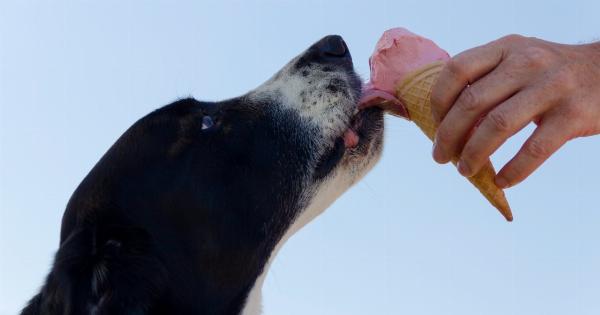Dogs are often referred to as “man’s best friend” for a reason. They offer companionship, loyalty, and unconditional love. But being a dog parent comes with great responsibility.
It’s not just about providing food and shelter; it’s about creating a loving and nurturing environment that allows your furry friend to thrive. In this article, we will discuss the top characteristics of an ideal dog parent.
1. Patience
Patience is a crucial trait for any dog parent. Dogs, especially puppies, can be mischievous, energetic, and occasionally stubborn. It takes time and patience to train them and correct their behavior.
Losing your temper or becoming frustrated can adversely affect your relationship with your furry friend. A patient dog parent understands that training takes time and is willing to put in the effort to build a strong bond with their dog.
2. Consistency
Consistency is vital in dog parenting. Dogs thrive on routine and structure. By providing consistent rules, boundaries, and routines, you can create a sense of security for your furry friend.
Whether it’s establishing a feeding schedule, training commands, or walk times, consistency helps your dog understand what is expected of them. It also aids in training, making it easier for your dog to adapt to new situations or environments.
3. Commitment
Being a responsible dog parent requires a lifelong commitment. Dogs can live for 10-15 years, sometimes even longer. They rely on you for their basic needs, including food, water, exercise, and healthcare.
Owning a dog is a significant commitment of time, energy, and resources. An ideal dog parent is fully committed to providing a loving and caring home for their furry companion for their entire life.
4. Adaptability
Life is full of unexpected events and changes, and an ideal dog parent is adaptable to these situations.
Whether it’s moving to a new home, welcoming a new family member, or facing a challenging situation, your dog relies on you to navigate these changes. Dogs are highly perceptive creatures and can easily sense stress or tension. Being adaptable and resilient in the face of change helps your dog feel secure and loved.
5. Knowledge
Being an ideal dog parent requires a good understanding of canine behavior, health, and training. Educating yourself about your dog’s breed characteristics, nutritional requirements, and exercise needs is essential.
It allows you to make informed decisions about their care and well-being. Additionally, staying updated with current research and veterinary recommendations ensures you can provide the best possible care for your furry friend.
6. Love and Affection
One of the most important characteristics of an ideal dog parent is the ability to express love and affection. Dogs are social animals that deeply crave human interaction and emotional connection.
Regularly showing affection through petting, cuddling, and playing helps strengthen the bond between you and your furry friend. Love and affection contribute to your dog’s overall happiness and well-being.
7. Time and Attention
Dogs are not solitary animals; they thrive on companionship. An ideal dog parent understands the importance of spending quality time with their furry companion.
Regular interactive play sessions, walks, and training sessions provide mental stimulation and physical exercise. Proper socialization with people and other animals is also crucial for your dog’s well-rounded development. Making your dog a priority in your daily life strengthens the bond between you.
8. Responsibility
Responsibility is a fundamental characteristic of an ideal dog parent. It encompasses various aspects, such as providing a safe and secure environment, fulfilling their dietary needs, and ensuring they receive proper veterinary care.
Regularly grooming your dog, keeping them clean, and maintaining their overall hygiene falls under your responsibility as well. Responsible dog parents also consider their dog’s behavior in public spaces, ensuring they are well-behaved and not a nuisance to others.
9. Empathy
Dogs, like humans, have their own personalities, emotions, and needs. An ideal dog parent practices empathy by understanding and respecting their dog’s unique traits and preferences.
This includes recognizing signs of discomfort or fear and responding appropriately. Empathy also involves being attuned to your dog’s body language and realizing when they need positive reinforcement or calming reassurance.
10. Adapted Environment
Creating a dog-friendly environment is crucial for their overall well-being. This includes providing a comfortable sleeping area, access to fresh water at all times, and appropriate toys to keep them mentally stimulated.
Ensuring your home is safe for your dog, free from hazards or toxic substances, is also essential. An ideal dog parent understands the importance of an adapted environment that caters to their dog’s specific needs.




























